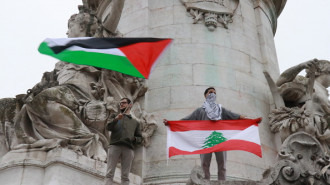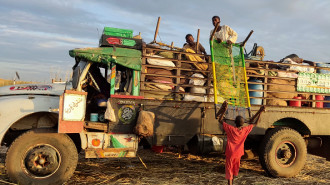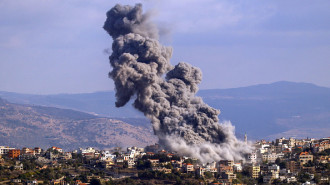Iran 'obsessively' carrying out executions: activists
Iran is "obsessively" executing death row inmates despite a decline in public support for capital punishment, rights activists said Tuesday as they released a report on the death penalty in the country.
Iran executed at least 267 prisoners last year, according to the report by the Paris-based Together Against the Death Penalty (ECPM) and Iran Human Rights (IHR).
At least four were juvenile offenders while nine were women, the annual report said.
The overall figure indicates a downward trend in capital punishment in the Islamic republic since 2015, when 972 people were executed, and is the lowest number since the report was first published in 2008.
Yet Iran remains the country with the highest number of executions per capita, ECPM executive director Raphael Chenuil-Hazan said in an online press conference.
Even under the "exceptional" circumstances of the Covid-19 pandemic, "Iran has obsessively continued to execute death row inmates", he said, calling it a sign of a "hardening of the regime (after the) popular protests in November" 2019, for which several people were hanged last year.
A sudden hike in fuel prices sparked the wave of nationwide demonstrations.
At least 304 people died in the unrest, according to London-based Amnesty International, while some authorities announced 230 deaths during what they said were "riots".
|
Chenuil-Hazan said there was also a "toughening against any dissenting voice", demonstrated, according to the report, by the execution in December of dissident Ruhollah Zam.
IHR director Mahmood Amiry-Moghaddam denounced the "widespread use of torture and forced confessions in the Iranian judicial system", adding that "most of the death sentences are based on this kind of confession".
But, he added, "support for the death penalty is declining in Iran for sure".
"We welcome the growing anti-death penalty movement which has snowballed on social media over the last year," he said in the report.
The report highlights the hashtag "#Edam_nakonid" (don't execute), which was trending globally as Iranians took to Twitter to protest the upholding of death sentences for three young men who took part in the 2019 protests.
It said fewer executions were carried out due to a "growing trend for forgiveness" by murder victims' families who, under Iranian law, have the right to demand a death sentence but can also grant pardon.
IHR said it identified 662 cases of "forgiveness" in murder cases last year, compared to 211 executions.

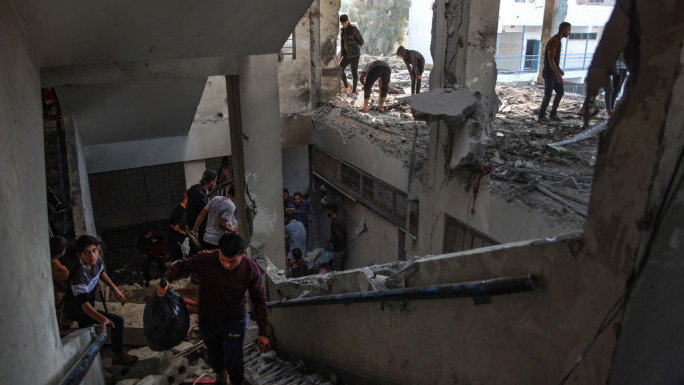
![President Pezeshkian has denounced Israel's attacks on Lebanon [Getty]](/sites/default/files/styles/image_684x385/public/2173482924.jpeg?h=a5f2f23a&itok=q3evVtko)

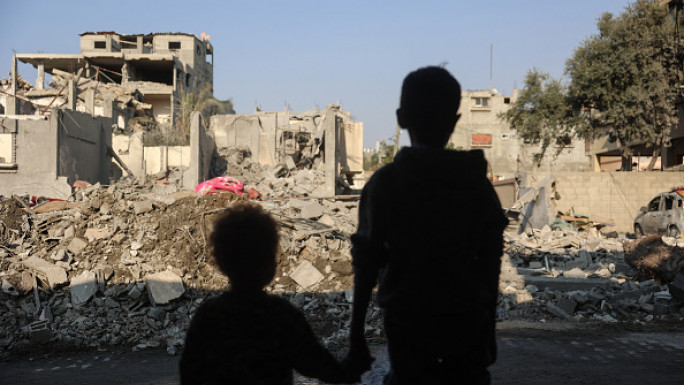
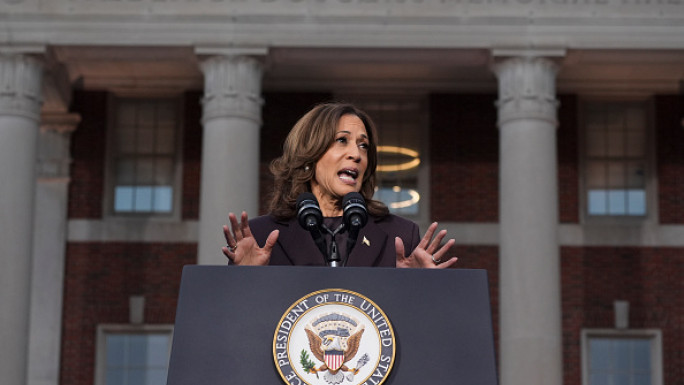
 Follow the Middle East's top stories in English at The New Arab on Google News
Follow the Middle East's top stories in English at The New Arab on Google News
